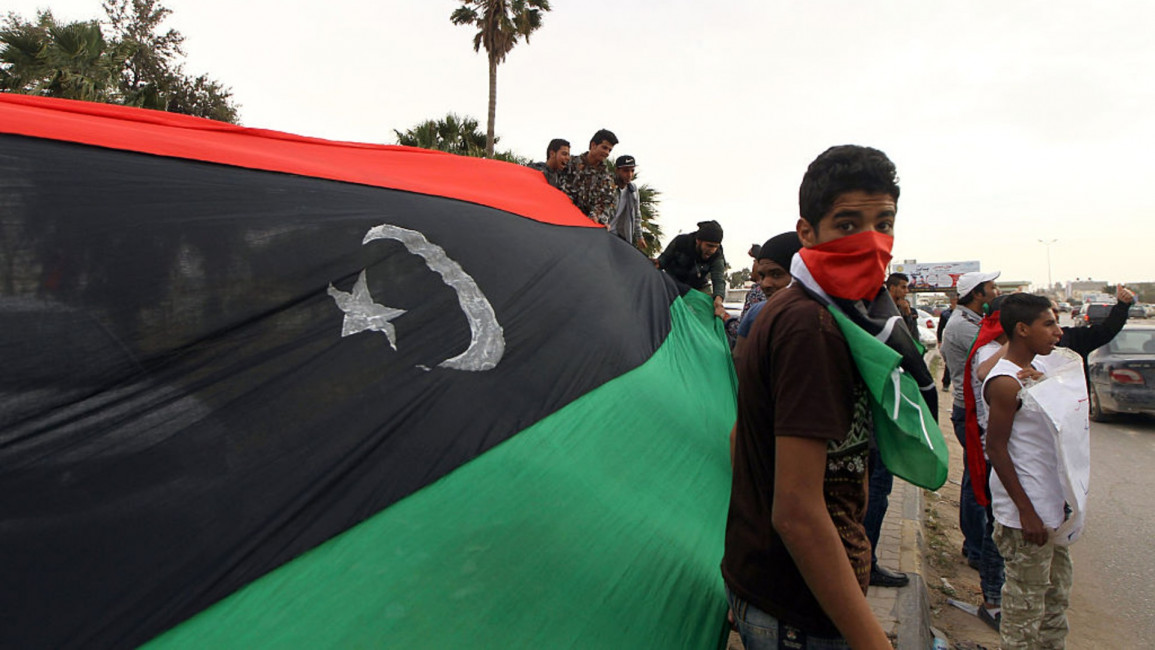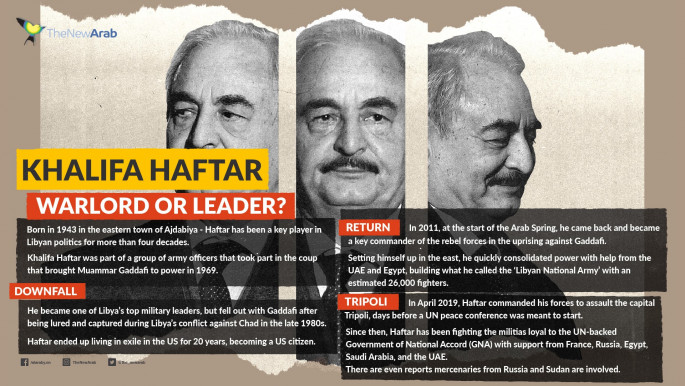On Friday, the rival governments made the announcements in separate statements, an understanding swiftly welcomed by the United Nations and several Arab and Western countries.
Since the fall of the regime of dictator Muammar Gaddafi in 2011 two rival authorities have been fighting for power: the UN-recognised unity government based in Tripoli and a parallel administration in the east backed by warlord Khalifa Haftar.
Here is an overview of some of attempted initiatives for peace:
Skhirat accord
After months of negotiations, representatives of civil society and lawmakers sign an accord on December 17, 2015 in Skhirat, Morocco, to set up the Government of National Accord (GNA), a unity government recognised by the UN.
On December 23, the UN Security Council endorses the accord in the hope of countering the advance of the jidadist Islamic State group in the country and of stemming immigration towards Europe.
On March 12, 2016, GNA chief Fayez al-Sarraj arrives in Tripoli by sea from Tunisia to set up the new government. Haftar's rival administration refuses to recognise its authority.
French summits
In July 2017, Sarraj and Haftar meet in Celle-Saint-Cloud in the Paris region and agree to work to bring the country out of its crisis, calling for a ceasefire and the organisation of elections.
On May 29, 2018, Haftar, Sarraj as well as eastern parliament's speaker Aguila Salah, and Khaled al-Mechri, head of the High Council of State in Tripoli, hold talks in Paris and agree to work together to stage legislative elections, according to a declaration.
Divisions in Palermo
In November 2018, Libya's former colonial power and historic partner Italy organises a conference in Palermo in a bid to reach a rapprochement between Sarraj and Haftar.
The conference becomes bogged down in persistent divisions between Libyans and third countries.
Haftar turns up but boycotts the meetings and Turkey walks out.
Abu Dhabi: fruitless accord
On February 28, 2019, the UN announces a new accord struck in Abu Dhabi during a meeting between Sarraj and Haftar on the organisation of elections in Libya, but sets no timetable.
On March 20, the UN's mission to Libya announces that a national conference will be held in central Libya in mid-April to draw up a "road map" out of the country's crisis.
On April 4, Haftar orders his forces to advance on Tripoli, where the GNA is based. The soaring tensions coincide with a visit to Libya by UN Secretary General Antonio Guterres.
In June, the GNA backed by Turkey pushes back the offensive, regains control of the capital and its suburbs and overruns Haftar's last western stronghold.
That same month government forces launch an offensive for the coastal city of Sirte, a strategic gateway to Libya's oil fields.
Follow us on Facebook, Twitter and Instagram to stay connected




